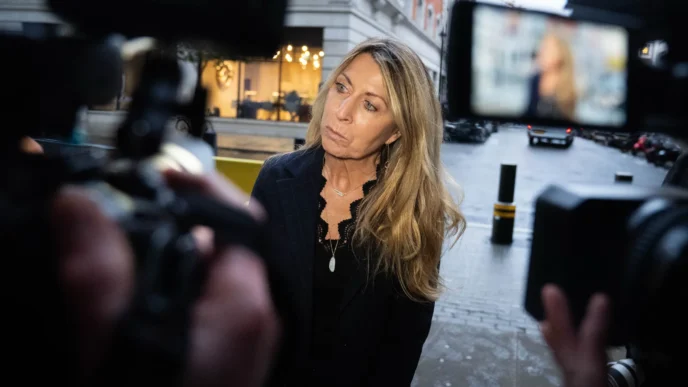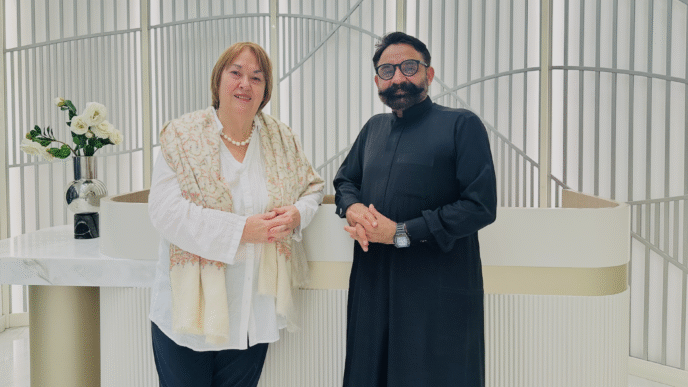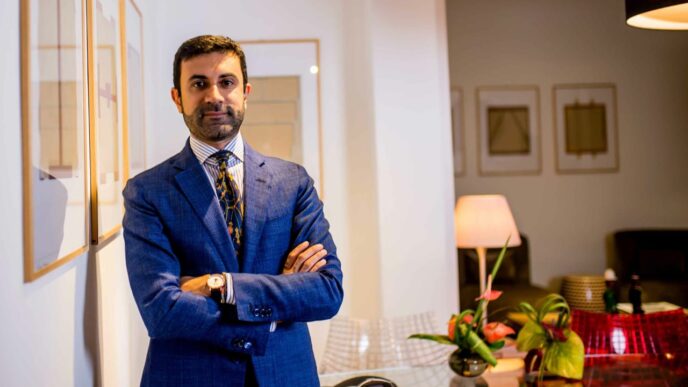A high-profile trial has opened in Paris involving ten defendants accused of orchestrating a coordinated online harassment campaign against France’s First Lady, Brigitte Macron. The case marks one of the most significant legal battles in Europe over cyberbullying, digital defamation, and the weaponization of social media against public figures.
A Smear Campaign That Went Global
The defendants—who come from France, Brazil, and the United States—are accused of spreading false claims that Brigitte Macron, 71, was born male and had legally changed her gender. The claim, which originated from far-right conspiracy networks in 2020, resurfaced aggressively in 2022 during the French presidential election, where it was used as a political attack strategy against President Emmanuel Macron.
French prosecutors say the defendants:
- Created and circulated thousands of defamatory posts and videos
- Used coordinated hashtag campaigns to manipulate social media algorithms
- Targeted Brigitte Macron’s family with threats and insults
- Attempted to discredit the First Lady for political motives
Defense lawyers argue their clients simply shared content already viral online and are being “scapegoated to send a political message.”
Inside the Cyber-Harassment Operation
Investigators from France’s Central Office for Combating Crimes Linked to Information and Communication Technologies (OCLCTIC) traced the online attacks back to a network of over 500 social media accounts.
Prosecutors say:
| Tactics Used | Description |
|---|---|
| Deep Coordination | Posts were synchronized across Telegram, X, Facebook, and YouTube |
| Video Disinformation | Edited “investigation” videos claimed to prove a gender-change hoax |
| Bot Amplification | Automated accounts helped push conspiracy hashtags |
| Identity Targeting | Brigitte Macron’s family members were also attacked online |
The goal, prosecutors argue, was to undermine the credibility of France’s First Lady while pushing political disinformation narratives tied to anti-establishment and far-right groups.
Why This Case Matters Legally
France has strong cyber-harassment laws under Article 226-10 and Article 222-33-2-2 of the Penal Code. If convicted, the defendants face:
- Up to 3 years in prison
- Fines up to €45,000
- Permanent bans from social media
This is the first time in France that a group of international users has been collectively prosecuted for cross-border online harassment of a public figure.
Legal experts say the verdict could become a legal precedent for cybercrime cases in Europe, opening the door for more aggressive legal responses to international online abuse.
The Human Cost
Lawyers for Brigitte Macron say the attacks were not just defamatory—but deeply personal and psychologically damaging.
The conspiracy struck at one of the most sensitive aspects of her life: her identity and marriage. Brigitte Macron has rarely addressed the issue publicly but reportedly supported the lawsuit to protect her children and grandchildren from online hate.
One family lawyer stated:
“This was not a political critique. This was targeted harassment based on lies, meant to destroy a woman.”
A Battle Over Digital Truth
The trial raises critical questions for democracies in the digital age:
| Issue | Question Raised |
|---|---|
| Free Speech vs. Hate Speech | When does opinion become abuse? |
| Online Anonymity | Should anonymous users be criminally liable? |
| Social Media Responsibility | Should platforms prevent viral disinformation attacks? |
| Cross-Border Prosecution | How far can a nation go to prosecute foreign cyberbullies? |
Governments across Europe are watching closely after a rise in digital smear campaigns targeting public officials, journalists, and healthcare professionals.
Verdict Expected Soon
The Paris court will deliver its ruling in the coming weeks. Regardless of the verdict, legal analysts say this case may reshape how France—and potentially the EU—responds to online harassment.
If the defendants are convicted, France will send a powerful message to the world:
Online harassment is not free speech—and the internet is not a lawless space.
















